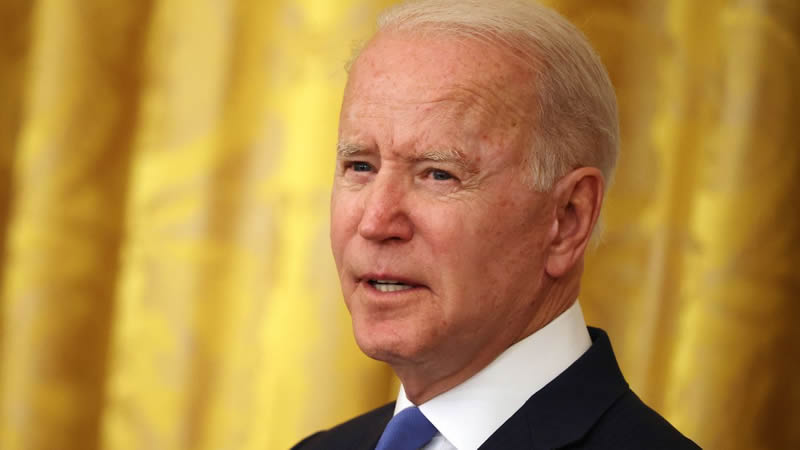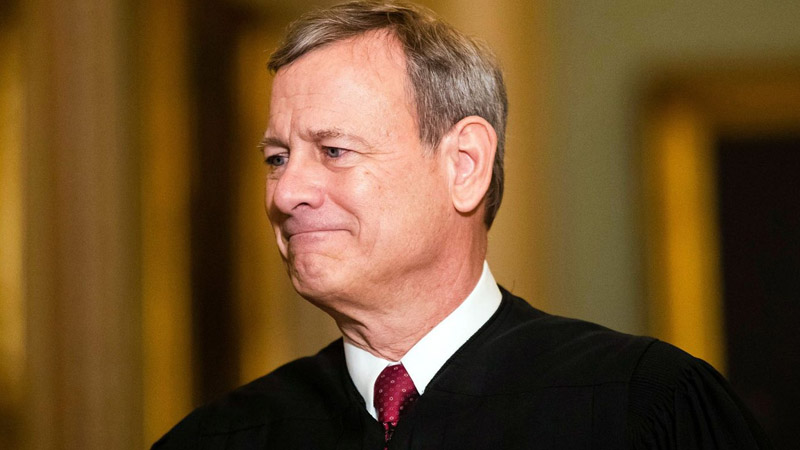Joe Biden Set to Announce “First Ever” US Anti-Corruption Strategy on Money Laundering

Source: ABC News
In January, the US Congress passed a law requiring US companies to declare their beneficial owners to the government.
Washington: President Joe Biden‘s administration will unveil an anti-corruption policy on Monday, focusing on two significant money-laundering vehicles in the US – real estate transactions and shell businesses.
On a conference call before the event, a senior administration official said, “We’ll be releasing the first-ever US government strategy on countering corruption.”
The administration plans to strengthen real estate transaction restrictions in order to prevent them from being used to launder money obtained through trafficking, embezzlement, or bribes.
It also aspires to improve financial transparency by revealing who is behind front firms.
“With the United States being the world’s largest economy, we understand that we bear a particular responsibility to address our own regulatory deficiencies,” the official said.
This includes better identification of beneficial owners, which refers to the true owners of financial assets held in shell firms, according to the official.
In January, Congress passed legislation forcing US corporations to disclose their beneficial owners to the government. This was a watershed moment in the United States, where regulations on the subject are notoriously ambiguous, particularly in Biden’s native state of Delaware.
As per Dailymail, the White House wants to tighten up the rules on real estate transactions, especially those that are done in cash.
“The US real estate market continues to be used as a vehicle for money laundering,” the US Treasury Department said in a statement.
According to research released in August by the Washington think tank Global Financial Integrity (GFI), at least $2.3 billion in dirty money has been laundered through real estate transactions in the United States in the last five years.
“Yet the US remains the only G7 country that does not require real estate professionals to comply with anti-money laundering (AML) laws and regulations,” it said.


